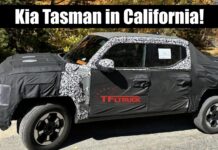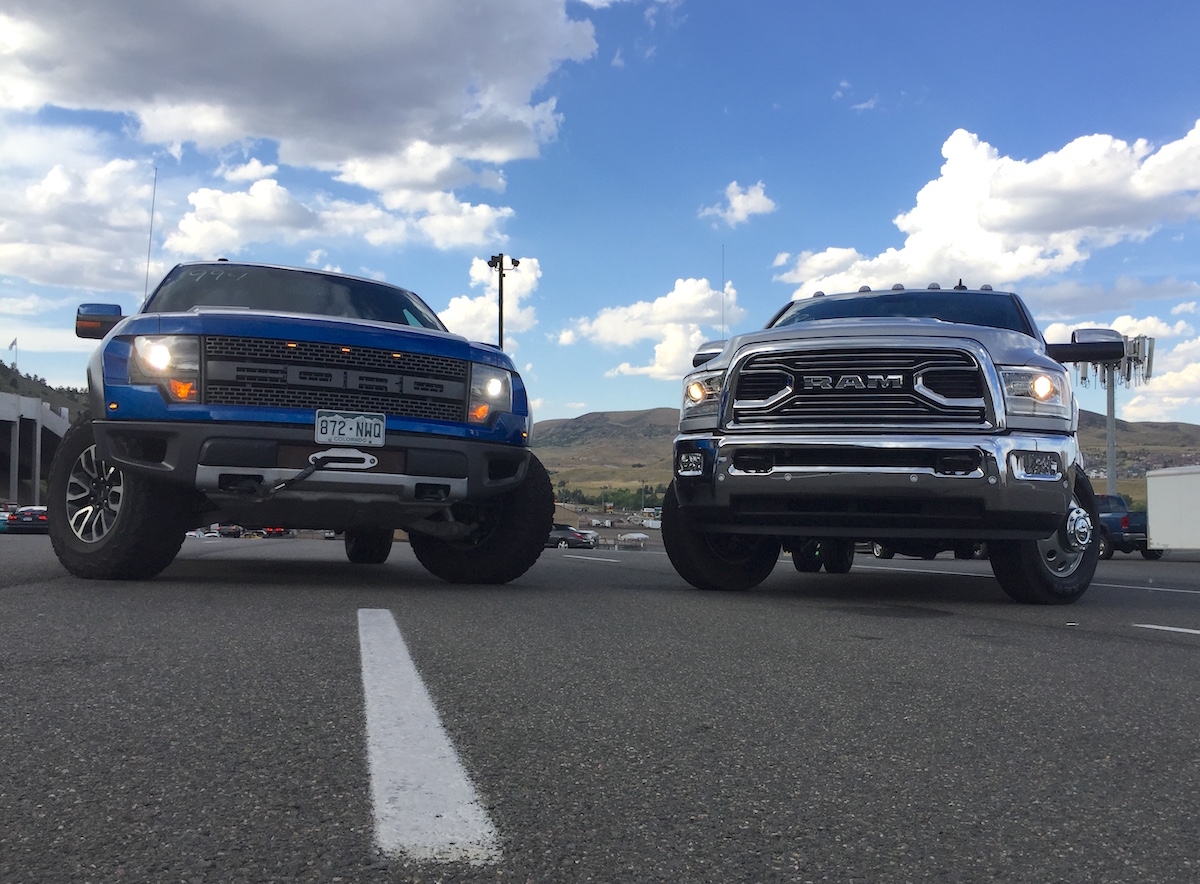
Last week the California Air Resources Board (CARB) issued the world’s most aggressive mandate moving away from diesel-burning commercial trucks. The board’s release states that “truck manufacturers are required to transition away from diesel-powered trucks to zero-emission vehicles by 2024.” The agency made a further statement that only zero-emissions trucks are sold in the state by 2045. That give manufacturers another 20 years to phase out diesel sales completely and sell only EV vehicles in the state.
The end of diesel?
CARB called out diesel as a key driver toward this mandate. According to its data, diesel trucks produce 70 percent of the smog in the state and 80 percent of the diesel soot. But these trucks only account for 2 million of the 30 million registered vehicles — or 9.3 percent — in California.
The phased-in mandate will target the semis operating in ports and rail yards first, pushing them to go electric by 2030. Then “last-mile” delivery vehicles such as those ubiquitous FedEx and UPS trucks need to make the switch by 2040. Finally, the big, interstate semis will need to be electric by that 2045 deadline.

Diesel is not giving up though. Over at Green Car Reports, they cite a statement from the Diesel Technology Forum, a lobbying group, claiming that California has yet to mandate existing, cleaner diesel-technology use throughout the state, as have other states. They also point to engine makers’ continuing advances in cleaning up the oil burners and the long runway of progress ahead.
Ready to Cash In
Benefiting most from the California mandate are Telsa, Nikola, and Freightliner, and other heavy-truck manufacturers already working toward an EV semi future. The mandate sets deadlines for the industry to roll out a proven and economically sound truck. But more importantly, the new law should make it easier for these companies to now find new investors and tap new capital markets to fund their development. It is much easier to put up the money for something that HAS to happen rather than something that might happen.

If anything the mandate will introduce more competition into the marketplace, further driving down the final costs of the trucks. One thing missing in the CARB release: How will the rule affect interstate trucking, or diesel-powered semis licensed from other states coming into the Golden State? I suppose we have 25 years to figure that out. Let us know your thoughts in the comments below.
















![Which is More Reliable: 3.5L EcoBoost or 5.0L V8? [Reader Question] Second-generation 3.5-liter EcoBoost engine](https://tfltruck.com/wp-content/uploads/2016/05/Second-generation-35-liter-EcoBoost-engine.jpg)
![Which Silverado Engine to Get: 5.3L or 6.2L V8? [Ask TFLTruck] 2016 chevy silverado](https://tfltruck.com/wp-content/uploads/2015/10/2016-chevy-silverado-grille.jpg)
